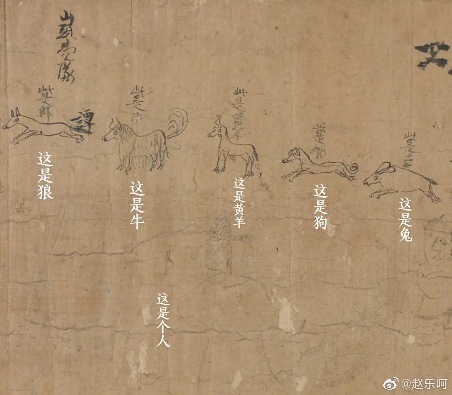Curated language
Like the previous post (7/7/21) on gender-inclusive French, it is difficult to refrain from quoting the bulk of this thought-provoking article by John McWhorter in The Atlantic (7/4/21) — "Even Trigger Warning is Now Off Limits":
The “Oppressive Language List” at Brandeis University could have come from countless other colleges, advocacy groups, or human-resources offices.
—–
Thirty years ago, someone taught me to say actor rather than actress and chairperson rather than chairman, to discourage our thinking of occupational performance as elementally distinct depending on sex. I understood. Language does not shape thought as much as is often supposed. But words can nudge concepts in certain directions if the connection between the word and the concept is clear enough; the compound of chair and the gender-neutral person hints that, for most purposes, the listener doesn’t need to know whether the individual running a meeting was male or female.
In the same vein, I heartily approve of the modern usage of they (Roberta is getting a haircut; they’ll be here in a little while). I also like the call to replace slave with enslaved person. Slave can indeed imply a certain essence, as if it were a status inherent to some people. Enslaved person points up that the slavery is an imposed condition. The distinction matters given how central, sensitive, and urgent the discussion of slavery is in today’s America.
But according to counsel from Brandeis University’s Prevention, Advocacy & Resource Center, or PARC, considerate people must go further: Apparently, we must retire victim, survivor, trigger warning, and African-American too. We must do so, that is, if we seek to ignore some linguistic fundamentals while also engaging in distinctly callow sociological calisthenics. When we are to even “consider” avoiding the word prisoner (try person who was incarcerated) or walk-in (because not all people can walk) and the phrase everything going on right now (I’ll leave you to find out what’s wrong with that one), we are being preached to by people on a quest to change reality through the performative policing of manners.
Read the rest of this entry »



